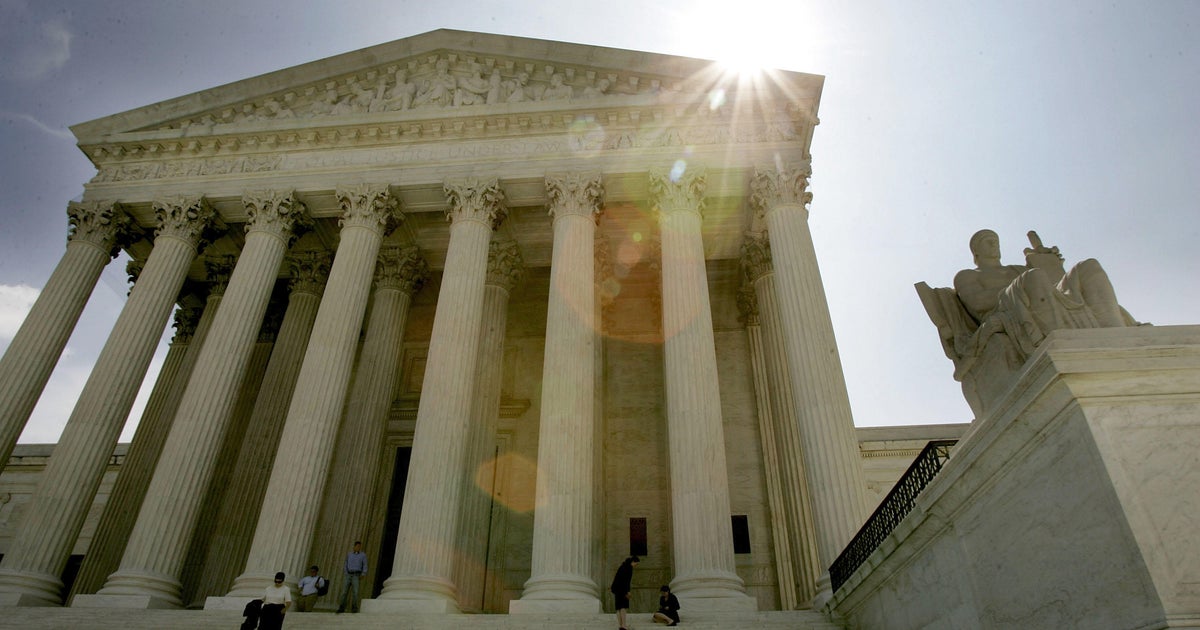Oil in ANWR: The debate over drilling in Alaska's Arctic National Wildlife Refuge
Oil companies are one-step closer to drilling on the coastal plain of Alaska's Arctic National Wildlife Refuge, also known as ANWR.
On Monday, the Trump Administration announced plans to begin a leasing program on the 1.56 million-acre federal property. Congress previously approved the program in 2017.
The decision is expected to be challenged in court by environmental groups.
In 2001, 60 Minutes correspondent Lesley Stahl reported from the northeast corner of Alaska on the long-running debate over whether to drill for oil in ANWR.
The land is home to polar bears, used by caribou during calving season, and part of the migratory route for snow geese.
Conservationists have fended off oil companies from drilling on the land for decades.
"If we want to protect one part of the American arctic natural heritage, that is the part that we should protect," Deborah Williams told 60 Minutes in 2001. Williams worked in the Department of the Interior during the Clinton Administration and then for the Alaska Conservation Foundation.
Alaskan politicians from both parties have previously led efforts to allow for drilling.
"There may be some areas that, indeed, have to be closed off," then-Alaskan Gov. Tony Knowles, a Democrat, told Stahl in 2001. "But let science be the guide, not just a broad-sweeping brush to say that we can't do anything in that area."
Alaska's current governor, Republican Mike Dunleavy, estimates there are 4.3 and 11.8 billion barrels of technically recoverable oil reserves.
"Today's announcement marks a milestone in Alaska's forty-year journey to responsibly develop our state and our nation's new energy frontier," Gov. Dunleavy said.
Congress created the 19.3 million acre wildlife refuge in 1980. It permanently protected more than 90% of the area, but left the coastal plain unprotected due to the possibility that oil could eventually be extracted without harming wildlife.
In 2018, the Department of the Interior decided that time had come.





